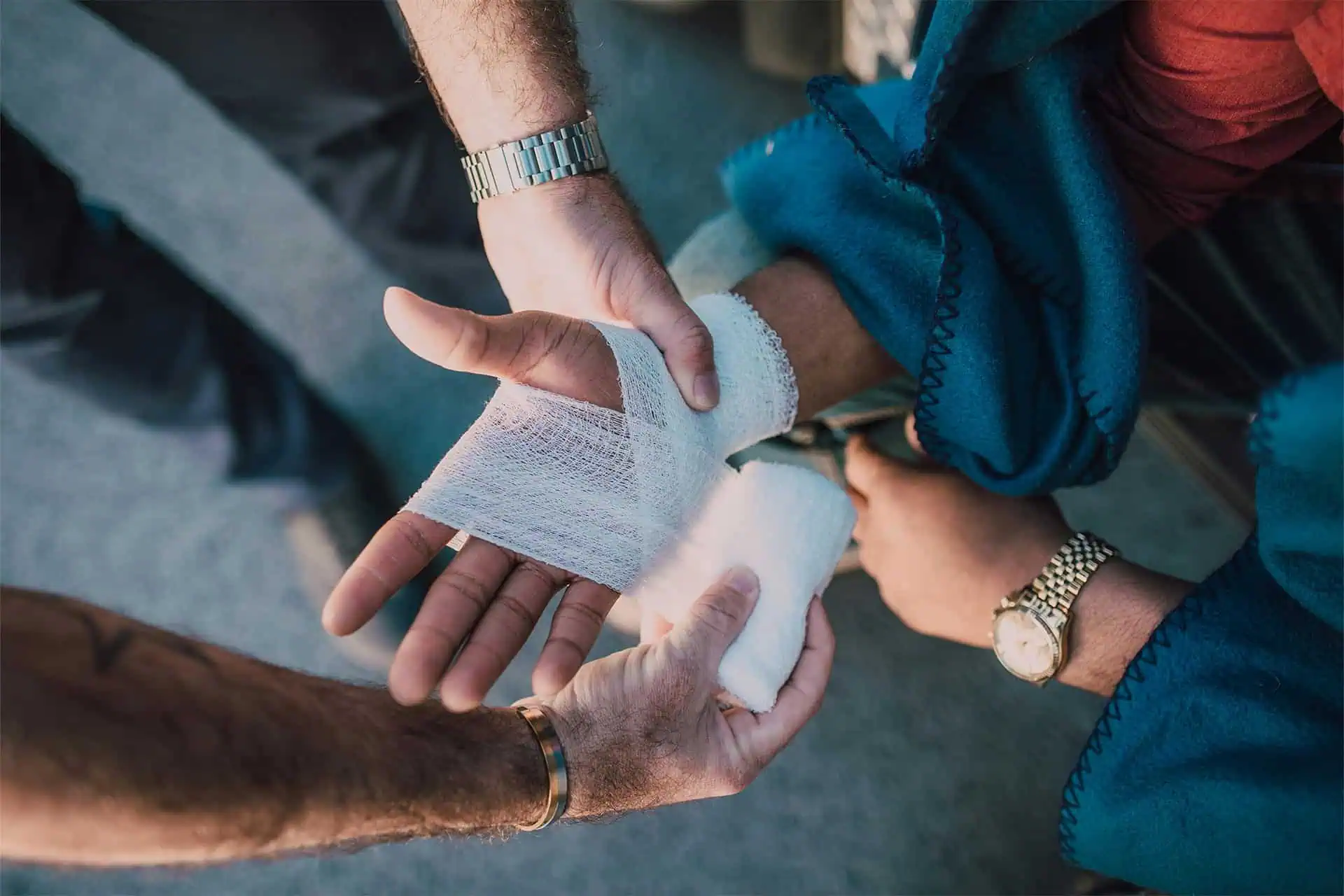
Navigating the aftermath of a personal injury can feel overwhelming, but understanding how to maximize your compensation can make a significant difference. Whether you’ve been in a car accident, suffered a slip and fall, or facing any other type of injury due to someone else’s negligence, knowing the steps to take can empower you in your recovery journey. Consulting with an experienced personal injury lawyer can also provide valuable guidance to ensure you receive the compensation you deserve. If you have questions or need advice, contact us today for more information.
Understanding Personal Injury Claims

What is a Personal Injury Claim?
A personal injury claim is a legal dispute that arises when one person suffers harm from an accident or injury, and someone else might be legally responsible for that harm. In most cases, this involves negligence—essentially, when someone fails to take reasonable care to avoid causing injury to another person.
Why Compensation Matters
Compensation is crucial because it helps cover medical bills, lost wages, and even emotional distress. Imagine you’re unable to work due to your injury; without compensation, this could lead to financial strain on top of your physical pain.
Steps to Maximize Your Compensation


1. Document Everything
From the moment the accident occurs, start documenting everything related to your injury. This includes:
- Photos: Capture images of the scene, your injuries, and any property damage.
- Medical Records: Keep all documentation from your medical visits, including diagnoses, treatment plans, and bills.
- Witness Statements: If there were any witnesses to the incident, gather their contact information and statements about what they saw.
Why This Matters: Thorough documentation serves as evidence to support your claim. The more detailed your records, the stronger your case.
2. Notify Your Insurance Company
It’s essential to notify your insurance company as soon as possible. This step initiates the claims process. Be prepared to provide them with the information you’ve gathered, but remember to stick to the facts—avoid speculating or admitting fault.
3. Consider Legal Representation
While it’s possible to handle a personal injury claim on your own, having an experienced attorney can significantly improve your chances of maximizing your compensation. They understand the nuances of personal injury law and can help you navigate the complexities of the claims process.
Why an Attorney? An attorney can negotiate with insurance companies on your behalf and ensure you’re not settling for less than you deserve. They know the tricks insurers often use to minimize payouts.
4. Understand the Types of Damages
In personal injury claims, there are typically two categories of damages:
- Economic Damages: These cover tangible losses like medical expenses, lost wages, and property damage. They are often easier to quantify because they involve bills and receipts.
- Non-Economic Damages: These are more subjective and cover pain and suffering, emotional distress, and loss of enjoyment of life. While harder to prove, they can significantly increase your compensation.
How to Approach This: When calculating your claim, ensure you consider both types of damages. Don’t overlook non-economic damages, as they can greatly impact your overall compensation.
5. Keep a Detailed Record of Expenses
As you recover, keep a log of all expenses related to your injury. This includes:
- Medical bills
- Prescription costs
- Travel expenses for medical appointments
- Any modifications needed at home (like grab bars or a wheelchair ramp)
6. Don’t Settle Too Quickly
After an accident, you might receive a settlement offer from the insurance company. This might seem tempting, especially if you’re facing mounting medical bills. However, be cautious. Initial offers are often much lower than what you could potentially receive.
How to Handle Offers: Consult with your attorney before accepting any settlement. They can help assess whether the offer is fair based on your documented damages and suffering.
7. Be Mindful of Insurance Adjusters
Insurance adjusters may reach out to you after the incident. Their job is to minimize payouts for the insurance company. Be careful when discussing your case with them.
Best Practice: Stick to the facts and don’t divulge any information that could be used against you later. It’s often best to let your attorney handle communications with insurance companies.
8. Know the Statute of Limitations
Every state has a statute of limitations—essentially, a deadline for filing personal injury claims. Missing this deadline can mean losing your right to compensation altogether.
How to Avoid This: Be aware of the timeline in your state and consult with your attorney to ensure your claim is filed on time.
Conclusion
Maximizing your compensation after a personal injury involves careful planning, thorough documentation, and often legal support. By following these steps, you can significantly improve your chances of receiving the compensation you deserve for your injuries and losses. Working with a knowledgeable personal injury attorney can help you navigate the complexities of the process, giving you the peace of mind to focus on your recovery. Contact us today to get experienced legal advice and take the next step toward securing your compensation.
FAQs
1. How long does it take to settle a personal injury claim?
The timeline varies depending on the complexity of the case, but it can take anywhere from a few months to several years.
2. What if I can’t afford an attorney?
Many personal injury attorneys work on a contingency basis, meaning they only get paid if you win your case.
3. Can I still claim compensation if I was partially at fault?
Yes, many states follow a comparative negligence rule, allowing you to claim compensation even if you share some fault.
4. What types of injuries are covered under personal injury claims?
Almost any injury caused by negligence can be claimed, including physical injuries, emotional distress, and even psychological trauma.
5. Should I accept the first settlement offer?
Generally, it’s wise to consult with an attorney before accepting any settlement, as initial offers are often lower than what you might be entitled to.


